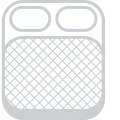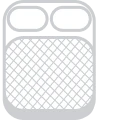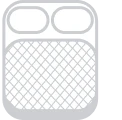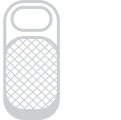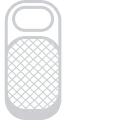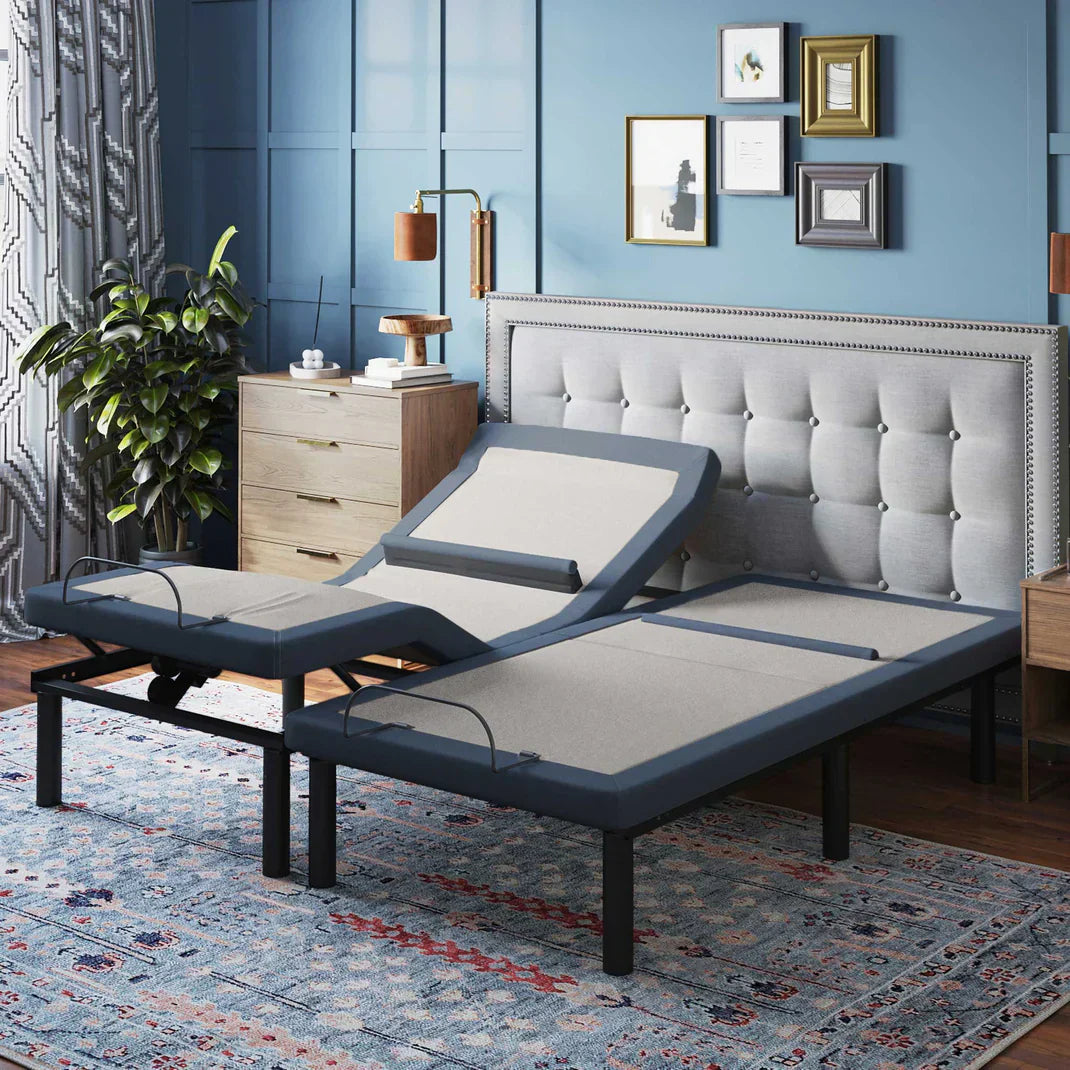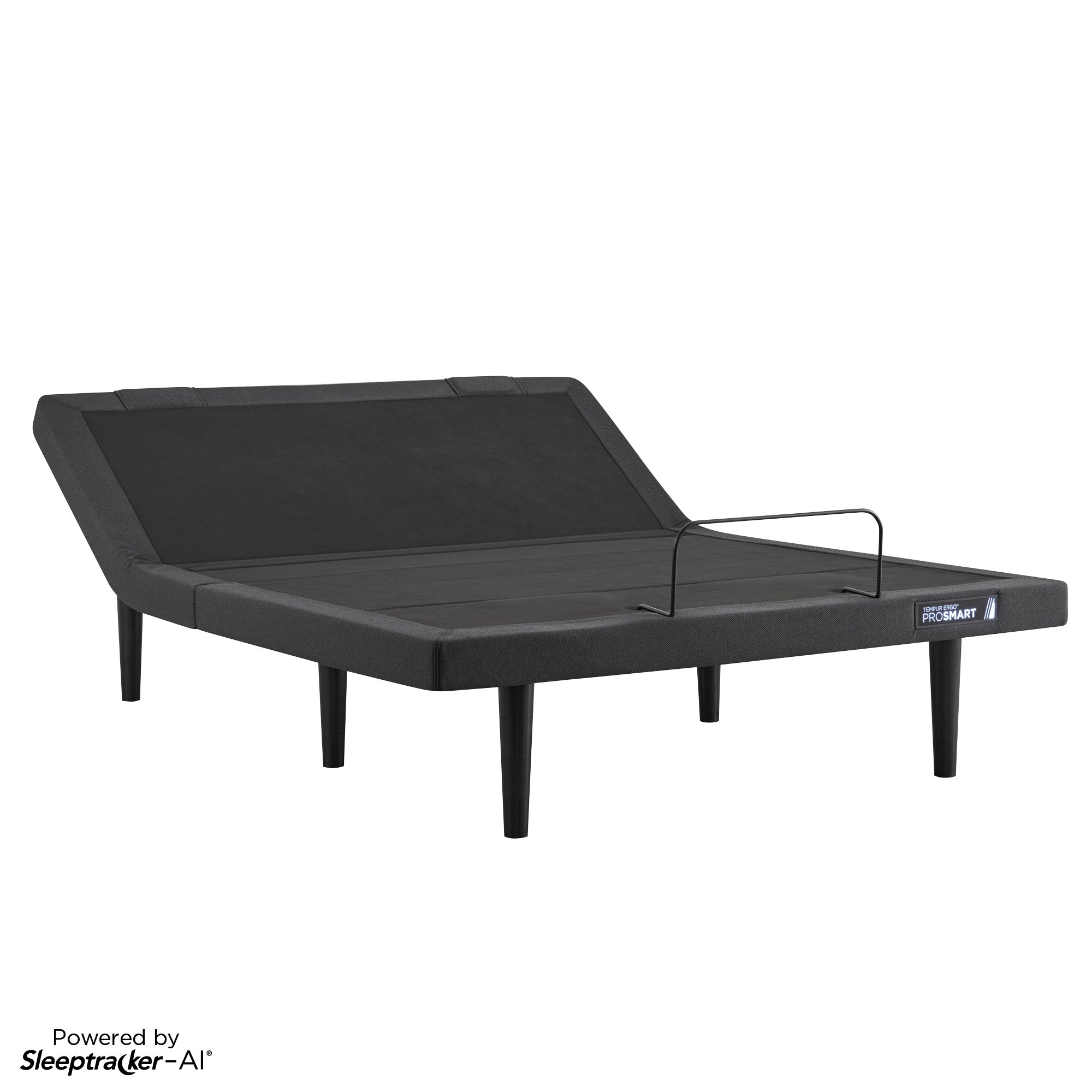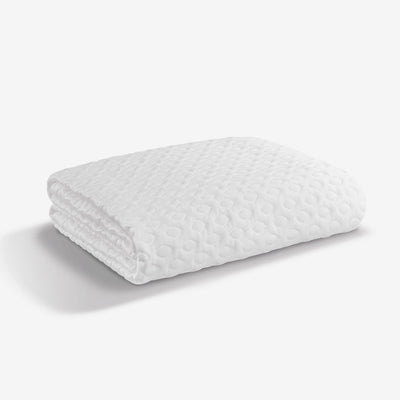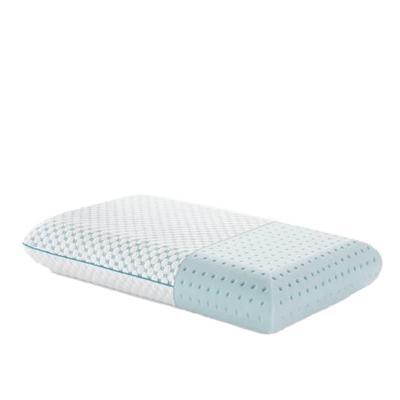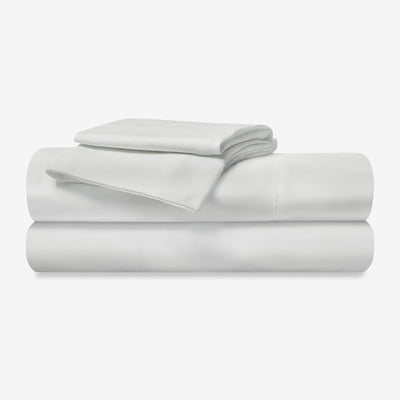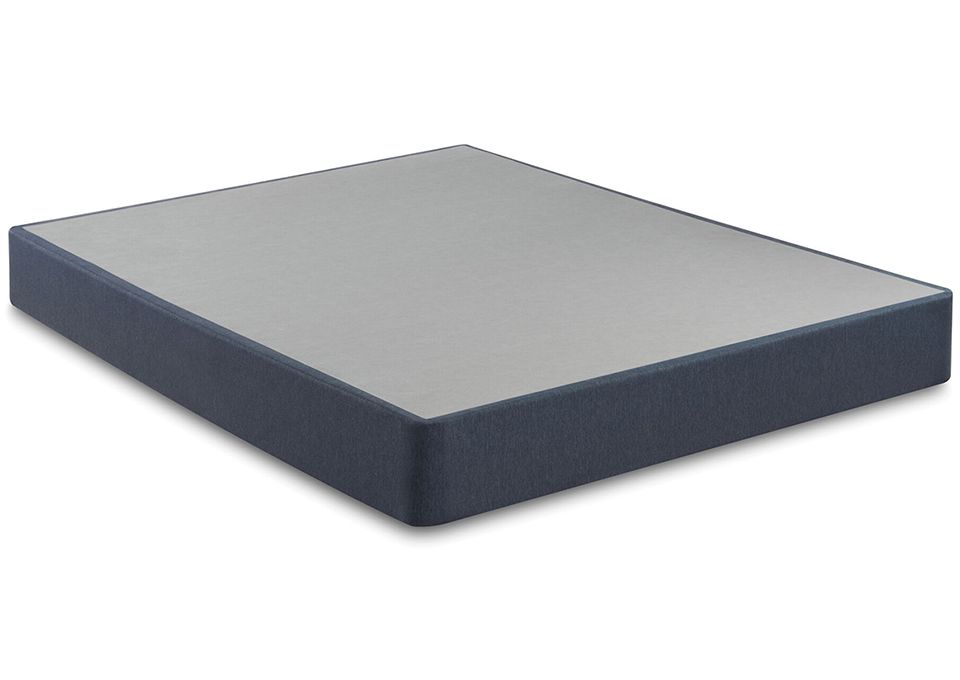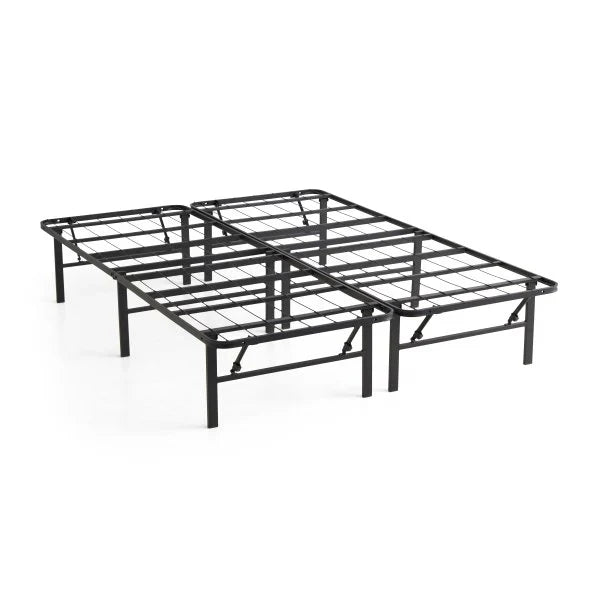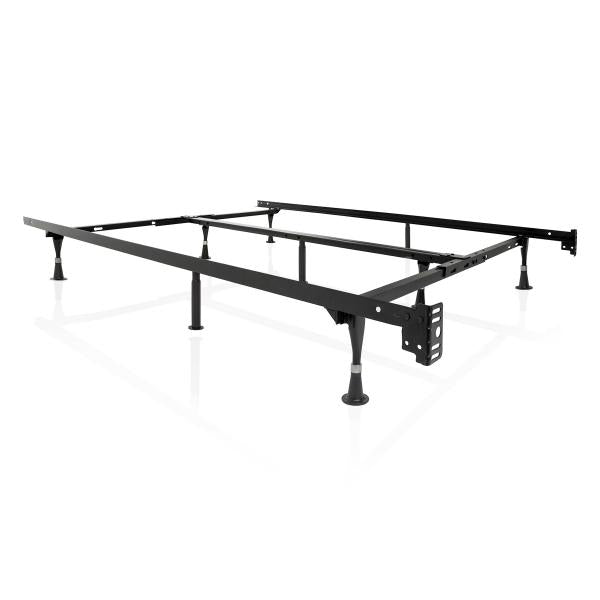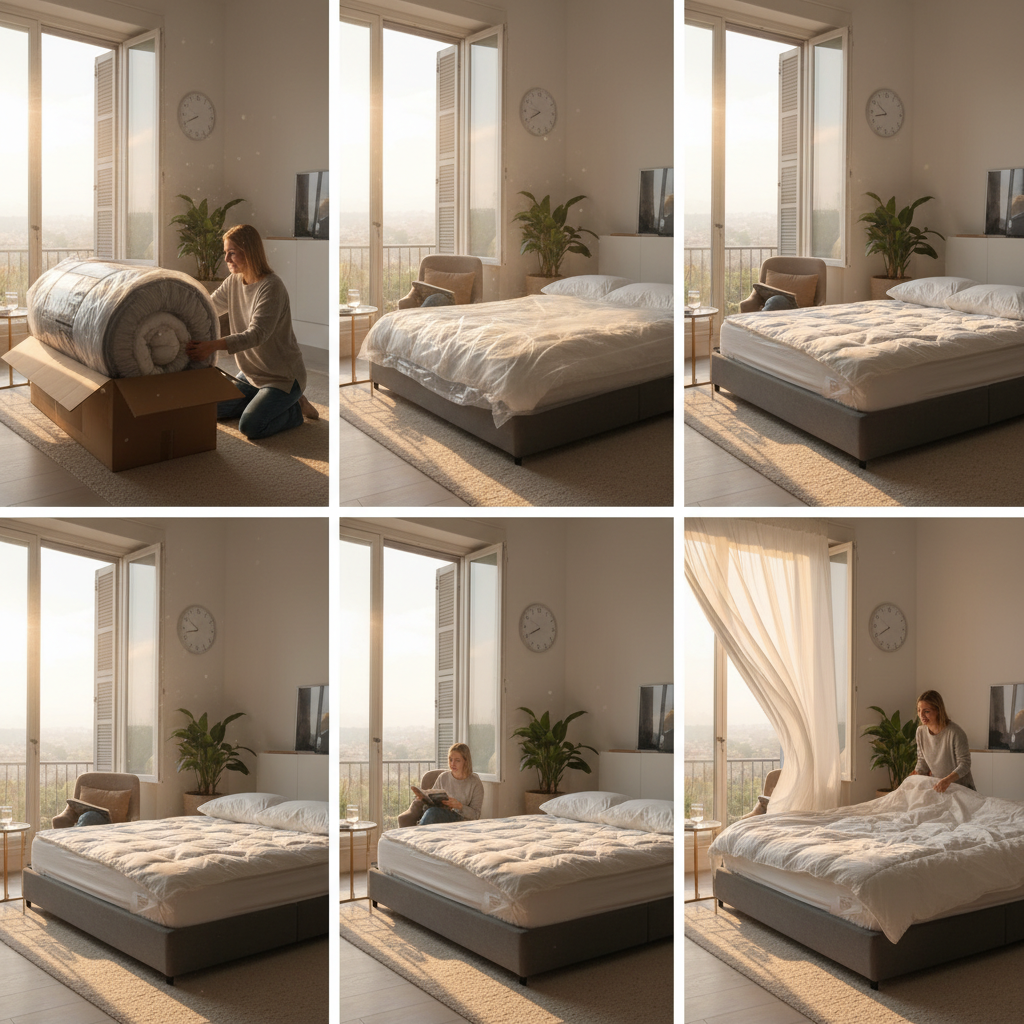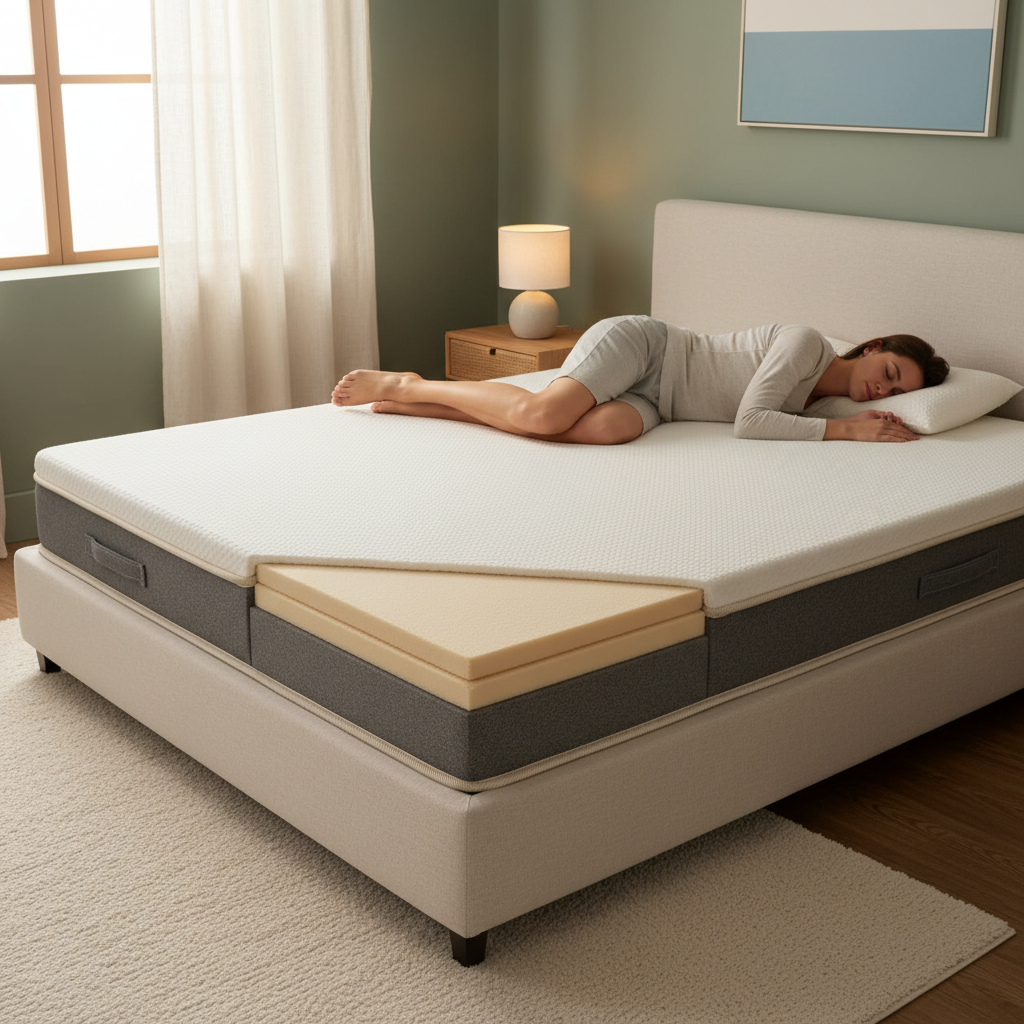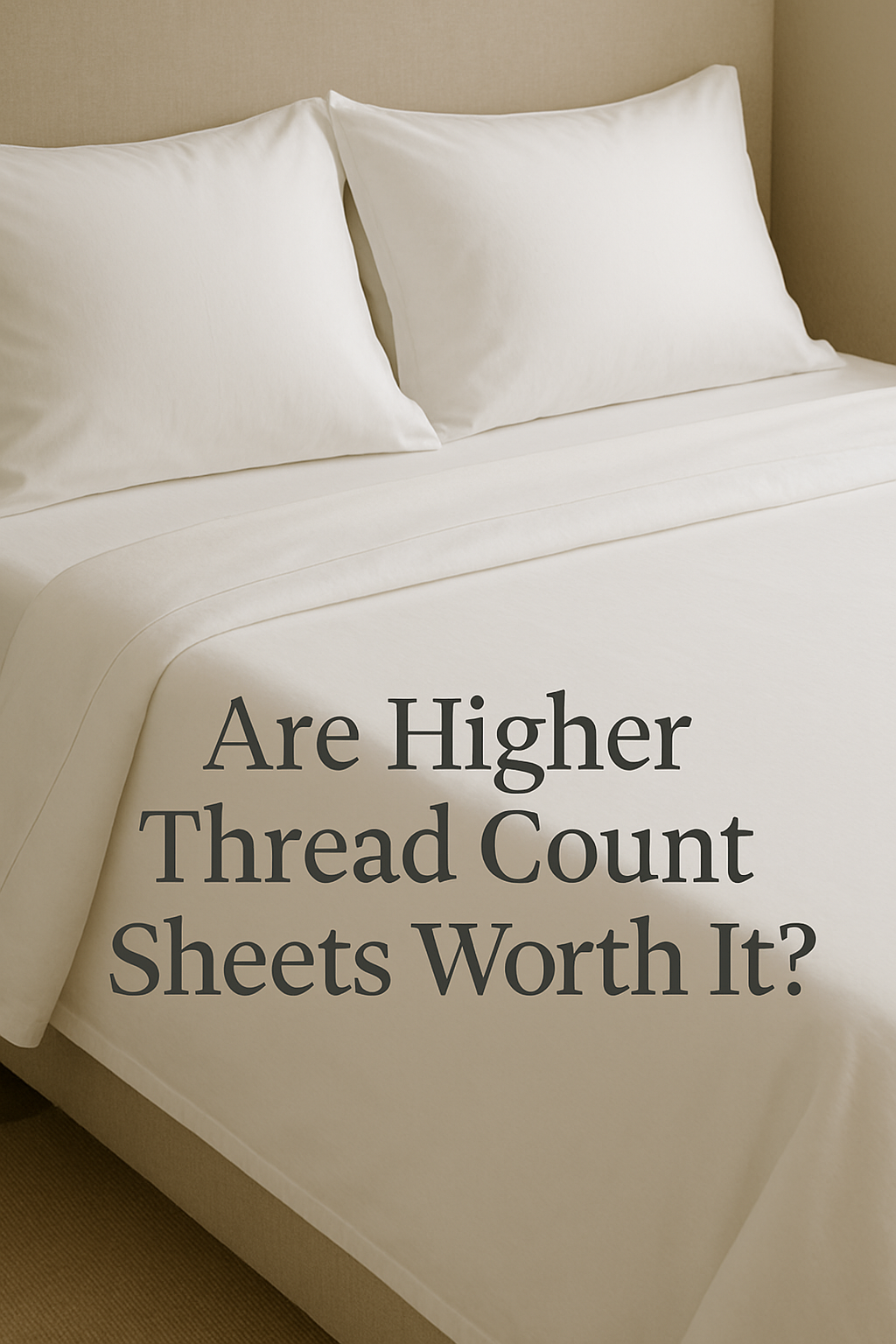-
Mattresses
Bed Size
Brands
Feel
Types of Mattress
Find the best mattress for your needs with our quick mattress finder quiz.
Mattress AI Quiz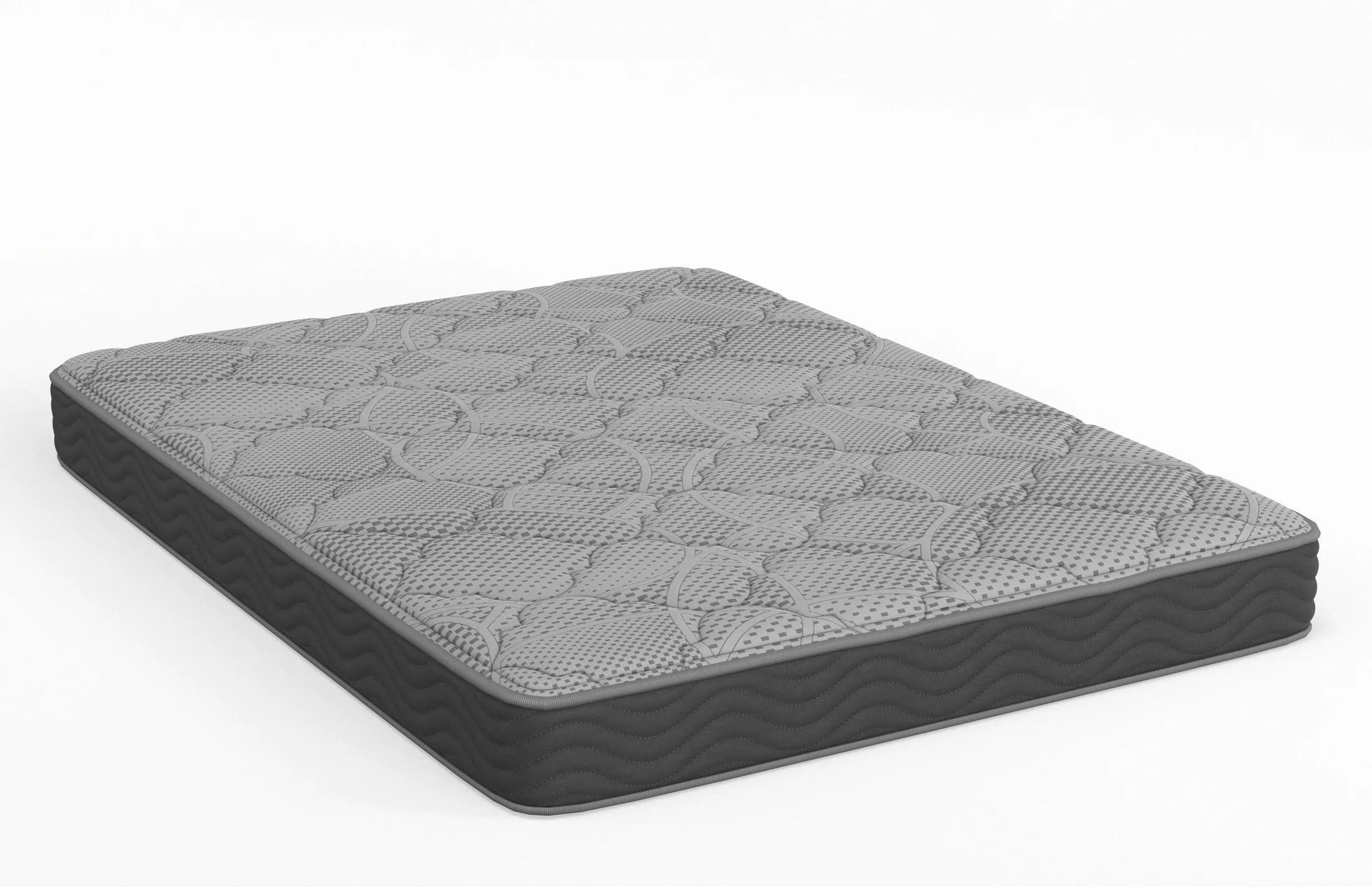
- Adjustable Bases
- Bedding
- Bed Frames
- Sale
- Locations

Did you know that even a small amount of light in your bedroom could be messing up your sleep?
I've always been fascinated by what makes sleep good or bad. It's why I opened Mattress On Demand—to help people find their best night's sleep. But there's one thing I've noticed that gets overlooked too often: bedroom lighting. Even sleeping with the lights on dim could have a serious impact on your health. After looking into recent research, I was surprised by what I found.
The hidden ways lighting ruins your sleep
You might think a little bit of ambient light from a night lamp or streetlights creeping through the blinds wouldn't matter. I used to think the same. But new studies have shown that even moderate ambient lighting during sleep increases your heart rate and worsens blood sugar control. A study from Northwestern University made me reconsider how I set up my bedroom.
I didn't realize how strongly our bodies respond to light at night. Even when your eyes are closed, your body senses the glow. Exposure to nighttime lighting triggers your brain to stay alert, disrupting melatonin production—the hormone responsible for restful sleep. And when melatonin dips, your sleep quality suffers. Not just that, but over time it affects your overall health, increasing the risk of diabetes and heart issues.
Why darkness might be your best friend at night
Reading through some discussions online reinforced what I've personally experienced. Many people feel they're sleeping fine with a bit of light on, yet their bodies tell a different story. I've personally felt more energized and focused in the morning when I've slept in complete darkness. Interestingly, one study highlighted how participants had elevated heart rates throughout the night without even noticing they were restless. This makes it even more important to create the darkest sleeping environment possible.
Simple bedroom adjustments for better sleep
If you're struggling with sleep quality, start with your environment. Investing in blackout curtains was one of the easiest changes I made. It instantly improved my sleep. Pairing blackout curtains with comfortable bedding makes a noticeable difference. It's a small upgrade with huge benefits.
Another easy solution I've found helpful is adjusting your sleep setup. When I switched to adjustable bases, it helped me find the perfect sleeping position to fall asleep quickly, even when lighting wasn't ideal. A properly positioned bed helps reduce restlessness during the night, making the most of whatever sleep conditions you're dealing with.
The underestimated importance of pillows and comfort
Pillows are another factor that significantly impact sleep quality, especially when dealing with environmental disturbances like lighting. Using supportive pillows not only helps you relax faster but also minimizes interruptions throughout the night. It's incredible how comfort can help mitigate the negative effects of ambient bedroom lighting.
The benefits of cool sleep
Here's something that surprised me. Research shows that sleeping in darkness isn't just good for restful sleep—it keeps your body temperature regulated. Our bodies naturally cool down when we sleep, and exposure to lighting interferes with this cooling process. You can dive deeper into this by checking out our article on the benefits of cool sleep.
Practical tips to reduce bedroom lighting
If you can't eliminate lighting completely, try repositioning your bed away from windows or using sleep masks. I've found masks particularly helpful during travel or when I'm unable to control bedroom lighting completely. You can find more sleep-improving tips in our guide on getting better sleep.
Making small changes for lasting health
Understanding how bedroom lighting affects sleep isn't just about better sleep today—it's about improving long-term health. Conditions like diabetes, obesity, and heart disease have been linked to disrupted sleep from nighttime light exposure. For more insights, you can read up on how poor sleep impacts overall health in our detailed article here.
Ready for better sleep?
If you're struggling with sleep quality and suspect lighting could be a factor, I'm here to help. Visit our contact page to reach out. Let's get you the restful sleep you deserve.

